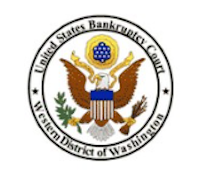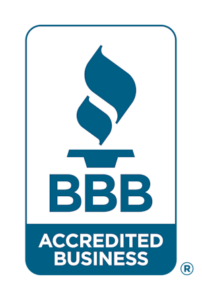How Low Will My Credit Drop After a Short Sale or Foreclosure?
With credit scores, one can easily predict the possibility of you making payments on time, paying off loans, and helping a lender determine whether you are a risk. Credit scores are determined by an individual’s lending history and ability to repay and manage debts based on the agreement. Factors like letting your mortgage payment slide, […]
How Fast Can My Credit Score Come Back After Bankruptcy?
Bankruptcy can be a scary word but it also can mean freedom and relief from major stress. There are a lot of reasons why someone might choose to file bankruptcy, either a divorce or painful separation from someone that has ruined your credit, medical injuries or bills, or even job loss. Bankruptcy is nothing any […]





